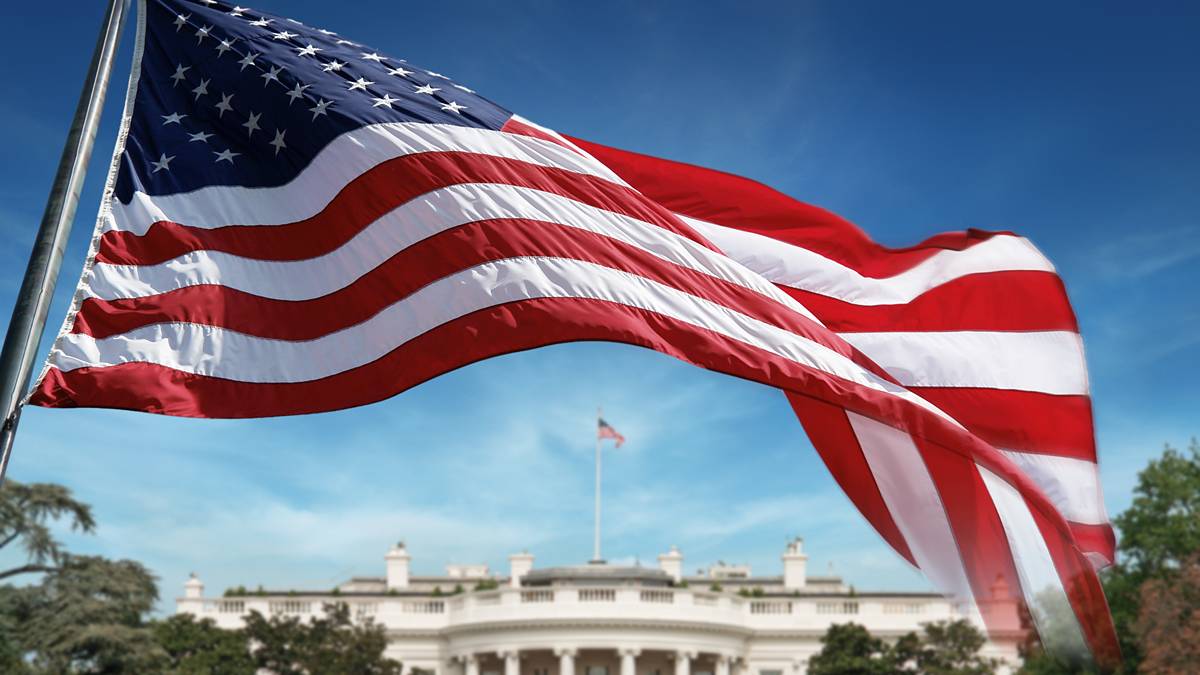Rare earth miners line up as critical minerals take centre stage in Washington

China's latest rare earths restrictions have lit a fire under ASX miners. Pic: Getty Images
- A meeting between Donald Trump and Anthony Albanese today is likely to focus on Australia’s critical minerals
- It comes after Chinese heavy and magnet export restrictions this month put a rocket under rare earth miners
- Local players like Victory Metals say supply security will favour assets in western jurisdictions like Australia
As a political football, rare earths right now may be the equivalent of the Jabulani, the infamously 2010 World Cup ball so unnaturally smooth its flight path was plagued by unpredictability.
Hated by goalkeepers but adored by hipsters and Diego Forlan, the Adidas product is one that lives long in the memory.
Rare earths stocks, similarly, are evading the grasp of conservative punters and defensive stock pickers, propelled to market darling status by volatile forces – namely US President Donald Trump and Xi Jinping’s China.
Explorers looking for the critical minerals, essential to modern technologies like wind power, EVs, aircons, drones and, critically, defence tech, have received several shots in the arm this year despite a mild pricing environment.
The first was a sweeping set of export controls issued by China in April, restricting the export of seven heavy rare earths in retaliation to the Trump Administration’s tariff announcement. That’s a big deal since only China, neighbouring Myanmar and, only recently and in small numbers, Australia’s Lynas supply those metals.
Then came the Department of Defense and Apple’s investments in MP Materials, including a US$110/kg price floor on its NdPr oxide product. The firm, which owns the Mountain Pass rare earths mine in California and as of June 30 remained lossmaking, is up close to 400% this year.
Another leg up
Now a further escalation from China has come as Aussie Prime Minister Anthony Albanese looks to make our mineral endowment a key part of talks with Donald Trump taking place tonight our time, where experts think an announcement on some form of collaboration is a probability.
What is astonishing about the rare earths rally is that established producers and developers are enjoying share price gains divorced from the earnings potential of their operations.
Lynas (ASX:LYC), which as of its last quarterly was still stockpiling material due to weak market prices, is up over 30% in the past month. Argonaut, for one, only values Lynas at $9.50. It’s collecting more than $19 a share.
Iluka Resources (ASX:ILU) has run a bonkers ~58% even though market conditions in mineral sands, where the company actually pulls its revenue, are so poor it’s idled the Cataby and SR2 projects in WA and faces potential .
Ionic clay pedlars in Brazil like Brazilian Rare Earths (ASX:BRE), Meteoric Resources (ASX:MEI) and Brazilian Critical Minerals (ASX:BCM) are up between 33-55%, with niobium and rare earths explorer St George Mining (ASX:SGQ) up ~44% as it revealed Gina Rinehart’s Hancock Prospecting had taken a major stake via a $22.5m component of a broader $72.5m placement to fund exploration at its Araxa project.
READ: St George Mining charges ahead at Araxá rare earths and niobium project with $72.5m boost
Long term outlook
So are the easy gains already made and reality about to set in?
Some market participants think we are in a new paradigm, where government support to build an ex-China supply chain of magnet metals like neodymium, praseodymium, terbium, dysprosium and samarium will trump (pardon the pun) market fundamentals.
The latest export controls from China impact not just the supply of rare earth metals and magnets, but also the technology and expertise to refine and produce value-added products. It’s aiming to not just restrict access to its own commodities, but also the knowledge needed to compete with the Middle Kingdom.
It’s also applying a trade rule often used by the US when it comes to semiconductor exports known as the Foreign Direct Product Rule. China can limit exports of magnets containing any portion of Chinese materials or tech.
“The newly announced restrictions represent China’s most consequential measures to date targeting the defense sector,” says the Centre for Strategic and International Studies’ Gracelin Baskaran.
“Under the new rules, starting December 1, 2025, companies with any affiliation to foreign militaries—including those of the United States—will be largely denied export licenses.
“The Ministry of Commerce also made clear that any requests to use rare earths for military purposes will be automatically rejected. In effect, the policy seeks to prevent direct or indirect contributions of Chinese-origin rare earths or related technologies to foreign defense supply chains.”
China will also be able to use its discretion to halt exports of rare earth materials intended to be used in semiconductors and memory chips, a rare area of US supremacy when it comes to modern technology.
That has thrust a spotlight on rare earth companies in the West who can a) deliver products suited for military use and b) engage in a supply chain to refine them into value-added products outside of Chinese control.
An additional premium is likely for projects that can deliver heavy rare earths, with holmium, erbium, thulium, europium and ytterbium added to April list of seven restricted rare earths headed by key magnet metals like samarium and terbium.
Victory Metals (ASX:VTM) has an unusually high heavy rare earth ratio for deposits outside of southern China and Myanmar, with around 35% of its rare earth metals at the North Stanmore project in WA’s Gascoyne region consisting of heavies and recent drilling turning up grades of dysprosium and terbium 54x and 110x higher than the average in the earth’s crust.
“I believe heavy rare earth projects are the clear winners here. Project timeframes will be accelerated because this problem isn’t going away, in fact, every prediction shows it’s only going to get worse,” VTM executive director and CEO Brendan Clark said.
“That makes the case for developing North Stanmore even stronger, especially with the latest moves from both the Trump administration and China showing just how urgent it is to secure supply outside China. The Australian Government has now established its task force for the Critical Minerals Strategic Reserve, and it’s initiatives like this that will help fast-track projects, particularly those able to deliver the minerals that will be included in the reserve.”
How big is this?
Clark views the latest Chinese rare earth restrictions as a ‘game changer’, with the heavy rare earths essential to military applications effectively shut off from the West if China wants to flex its muscle.
Manufacturers in North America and Europe are already sweating from this year’s previous restrictions, facing big delays caused by wrangling from Chinese customs officials.
“That creates a major supply gap and places strategic heavy rare earth projects in safe mining jurisdictions like Australia at the centre of securing future supply,” Clark said.
“For manufacturers in the West, supply security is their priority.
“With China closed, OEMs have no choice but to secure offtake outside China and we’re even seeing end users like car makers, who don’t make magnets themselves, starting to intervene to help their OEMs lock in supply.”
That could mean direct investment in Australian projects by US, EU and Middle East-based governments and institutions, as well as the Australian Government, which flagged the potential of taking direct stakes via Resources Minister Madeleine King in August. The first salvo was fired by the National Reconstruction Fund when it took a $50m stake in lithium producer Liontown Resources (ASX:LTR).
Victory already has a letter of interest for US$190m of funding support from the US Export-Import Bank and US$10m loan from the Kingdom of Saudi Arabia’s Public Investment Fund.
“There are so many funding opportunities from across several countries so when the time is right we will consider the most strategic opportunity and with Victory having multiple strategic metals and by products, like scandium, it allows additional opportunities to receive funding from several sources and governments,” Clark said.
“For example, we may send our scandium to the US and access EXIM support and our rare earth oxide to France where there are multiple funding initiatives for critical minerals.”
At Stockhead, we tell it like it is. While Victory Metals is a Stockhead advertiser, they did not sponsor this article.
Related Topics

UNLOCK INSIGHTS
Discover the untold stories of emerging ASX stocks.
Daily news and expert analysis, it's free to subscribe.
By proceeding, you confirm you understand that we handle personal information in accordance with our Privacy Policy.








